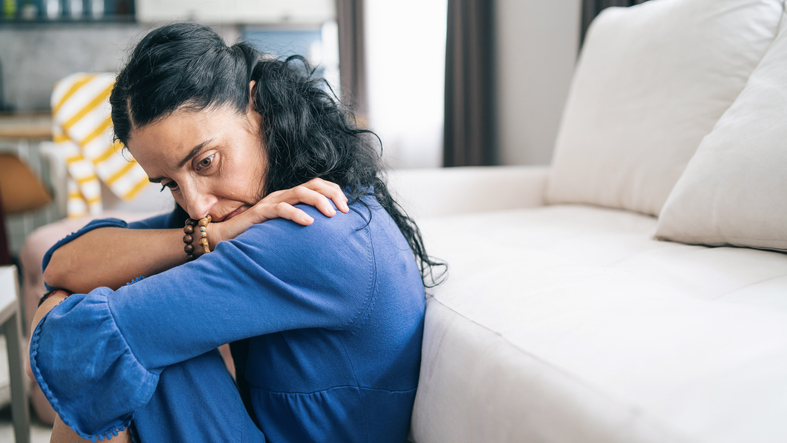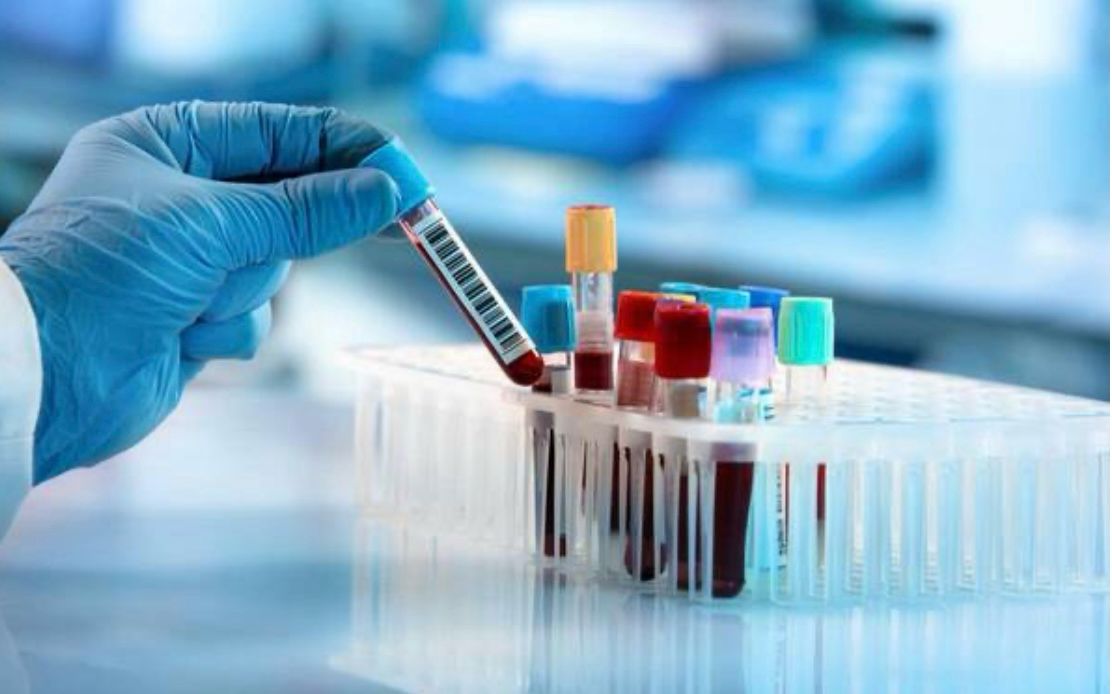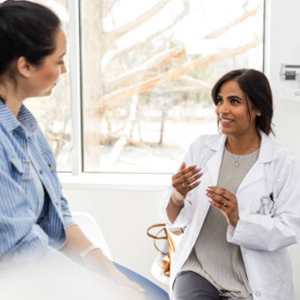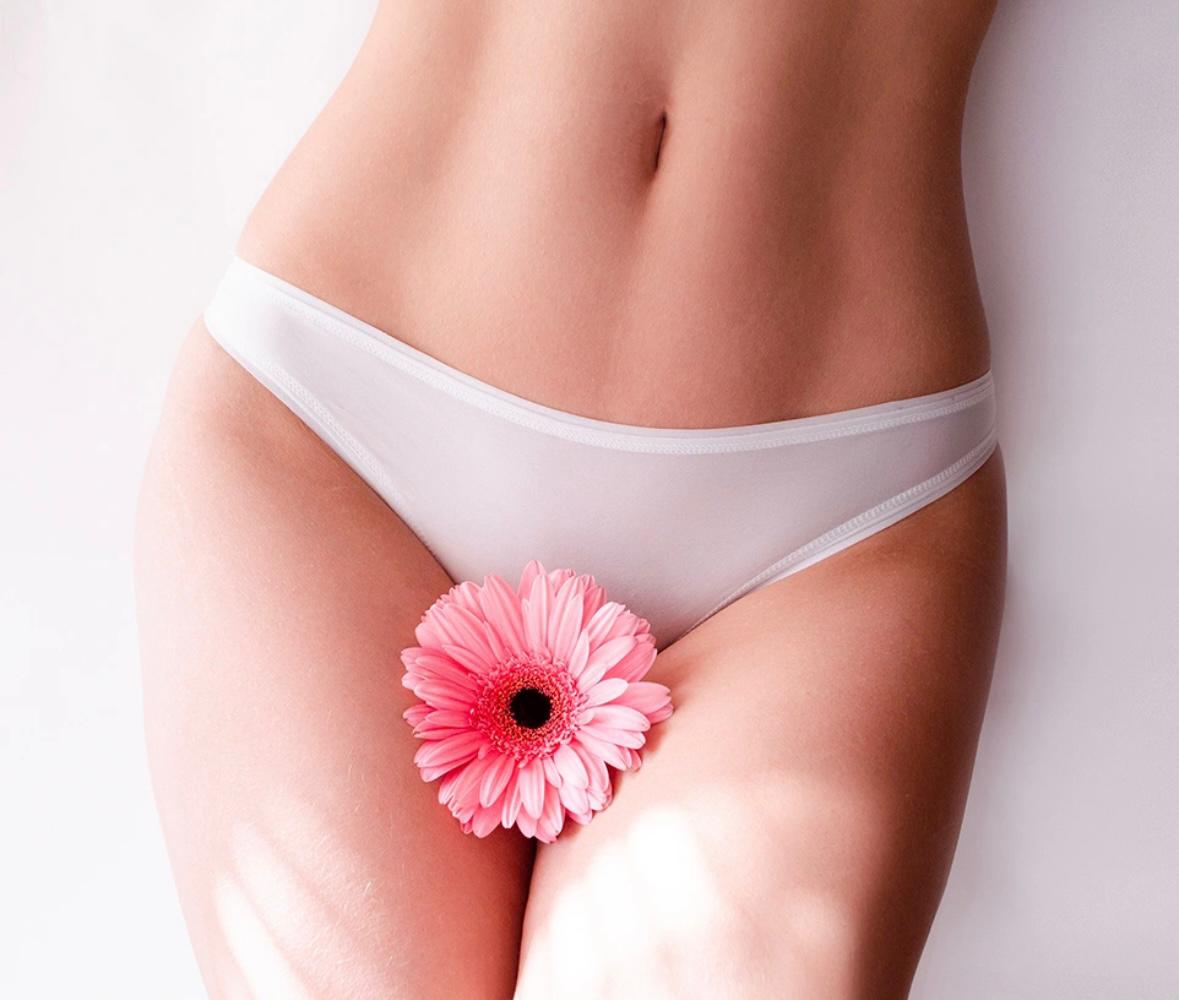Bioidentical Hormone Replacement Therapy in Essex restores hormonal balance during menopause or andropause, alleviating symptoms and improving overall well-being using hormones identical to those naturally produced.
BHRT in Essex uses bioidentical hormones to address symptoms of hormonal imbalances, restoring health and improving quality of life.
What is Bioidentical Hormones ?
Bioidentical hormones are specifically formulated to match the structure of those naturally produced by the body, thereby ensuring optimal compatibility and effectiveness. For instance, commonly used bioidentical hormones include estradiol, progesterone, and testosterone.
In contrast, synthetic hormones may contain varying molecular structures and additional elements. Consequently, bioidentical hormones are recognized by the body as its own, leading to improved tolerance and a reduced risk of adverse effects.
How BHRT can benefit you ?
1-Firstly, it mimics your own natural hormones.
2-In addition, it improves your sexual experience.
3-Moreover, it gives you stronger nails and hair.
4-As a result, it promotes a better night’s sleep.
5-Finally, it decreases symptoms of menopause.

Enquire now
Over 30 years experience
Bioidentical hormone replacement therapy is administered by an experienced professional
What are symptoms Associated with Hormonal Imbalance ?
Patients experiencing hormonal imbalances may present with a range of symptoms, including but not limited to:
- Hot flashes and night sweats
- Mood swings and irritability
- Chronic fatigue and low motivation
- Vaginal dryness and discomfort
- Joint stiffness and muscle atrophy
- Sleep disturbances
What is BHRT Treatment Protocol ?
The process begins with a comprehensive hormone level assessment conducted through Doctors Laboratory. Following this, a detailed discussion of the results takes place, leading to the formulation of a personalized treatment plan.
Follow-Up Monitoring:
Subsequently, regular blood tests are scheduled at 3, 6, and 9–12 months to monitor hormonal levels. In addition, ongoing consultations are provided to evaluate progress and, if necessary, refine the treatment regimen.
Remote Consultation Options for BHRT

Bioidentical hormone replacement therapy for men
Do bioidentical hormones work for men ?
Hormonal equilibrium is just as vital for men. As they age, they may experience andropause, which is marked by:
- Decreased energy levels and libido
- Erectile dysfunction
- Mood fluctuations and irritability
- Increased adiposity leading to weight gain
- Muscle loss and weakness
How Testosterone Affects Health ?
Testosterone plays a crucial role in the body, as it helps to:
- Keep bones and muscles strong
- Regulate hair growth and fat distribution
- Support sperm production
- Maintain sex drive and erections
- Aid in red blood cell production
- Boost energy and mood
What are causes of Low Testosterone ?
Beginning around age 30 to 40, testosterone levels may start to slowly decrease, as this occurs naturally.
However, other factors can also contribute to low testosterone, including:
- Medicine side effects, such as those from chemotherapy
- Testicle injury or cancer
- Problems with glands in the brain (hypothalamus and pituitary) that regulate hormone production
- Low thyroid function, which can further impact hormone balance
- Excess body fat (obesity); therefore, your health care provider may recommend a test called free testosterone
What is the difference between BHRT and HRT ?
BHRT pellet therapy effectively delivers hormones into the body at a steady rate, ensuring consistent 24-hour hormone levels for multiple months. In contrast, other forms of traditional and bioidentical HRT may result in fluctuating hormone levels throughout the day, which can reduce their effectiveness and potentially lead to minor side effects.
What happen to a man if he takes progesterone ?
Progesterone supplements have been shown to help reduce stress levels, improve mood, and increase alertness in healthy men. Therefore, if you’re trying to regain your youthful strength and energy, progesterone could be something you should consider as part of a comprehensive, medically supervised treatment plan.
What age is too late to take testosterone ?
Starting a treatment plan early, before symptoms have become severe, is ideal. However, it is never too late to begin therapy.
What is low testosterone in women ?
Testosterone is a type of androgen hormone (or sex hormone) in your body. In other words, hormones are chemical messengers that tell your body how to function and what to do. While everyone produces testosterone, men and people assigned male at birth (AMAB) produce the highest amounts. On the other hand, women and people assigned female at birth (AFAB) also need testosterone, but at a much lower level.

What is Bioidentical Hormone Replacement Therapy (BHRT) for women?
Bioidentical Hormone Replacement Therapy (BHRT) for women is a personalized treatment designed to restore hormonal balance by using hormones that are molecularly identical to those naturally produced by the body. As women age, especially during perimenopause and menopause, they may experience a range of symptoms such as hot flashes, mood swings, fatigue, and low libido due to declining hormone levels. However, BHRT can help alleviate these symptoms by delivering estrogen, progesterone, and sometimes testosterone in a form that is recognized by the body as its own. Ultimately, this treatment aims to improve overall well-being, enhance energy levels, and restore vitality, offering women a more comfortable and balanced life. If you’re looking for a safe and effective solution to hormone imbalances, BHRT could be the key to regaining your quality of life.
Do you age faster without estrogen ?
Estrogen deficiency following menopause leads to atrophic skin changes and an acceleration of skin aging. As a result, women may notice increased dryness, thinning, and a loss of elasticity in their skin. Consequently, this can contribute to the appearance of wrinkles and sagging.
What are signs of low estrogen in women ?
- Breast Tenderness:
Low estrogen can cause sore breasts, especially before your period, as estrogen levels naturally decrease. - Fatigue and Sleep Issues:
Estrogen impacts serotonin, which makes melatonin, the sleep hormone. Low estrogen may lead to poor sleep and fatigue. - Irregular Menstrual Cycles:
Fluctuating estrogen during perimenopause can disrupt your menstrual cycle, causing irregular periods. - Disappearing Menstrual Cycles:
Low estrogen can stop your periods altogether, a normal part of perimenopause and menopause. - Low Sex Drive, Mood Swings, & Depression:
Since estrogen triggers serotonin production, low levels can lead to mood swings, depression, and reduced libido. - Headaches:
Estrogen affects brain chemicals responsible for pain, so low levels can cause headaches and migraines. - Hot Flashes and Night Sweats:
Low estrogen affects the hypothalamus, leading to hot flashes and night sweats. - Frequent Urinary Tract Infections:
Low estrogen thins the urethra lining, making it easier for bacteria to cause infections. - Bone Loss:
Estrogen is crucial for bone strength; low levels can increase fracture risk. - Vaginal Atrophy:
Low estrogen can lead to vaginal dryness, discomfort, and painful sex, especially during menopause. Symptoms may include itching, burning, and a shorter, tighter vaginal canal.

What does an estrogen imbalance feel like ?
These changes in hormone levels can lead to irritability, anxiety, and depression. Additionally, hot flashes and night sweats are often major red flags for hormone imbalance, usually caused by a drop in estrogen levels.
Remote Consultation Options for BHRT
At JR Medical, we recognize the importance of accessibility in healthcare.
We offer remote consultations for Bioidentical Hormone Replacement Therapy, enabling patients to receive expert evaluation and prescriptions from the comfort of their homes.
Why choose JR Medical ?
At JR Medical, we provide top-quality care with our expert doctor who has over 30 years of experience in the field. Furthermore, we ensure that you receive the personalized treatment you deserve in a safe and professional environment. Additionally, we are a CQC-registered clinic and a proud member of BCAM, giving you peace of mind knowing you’re in trusted hands.















